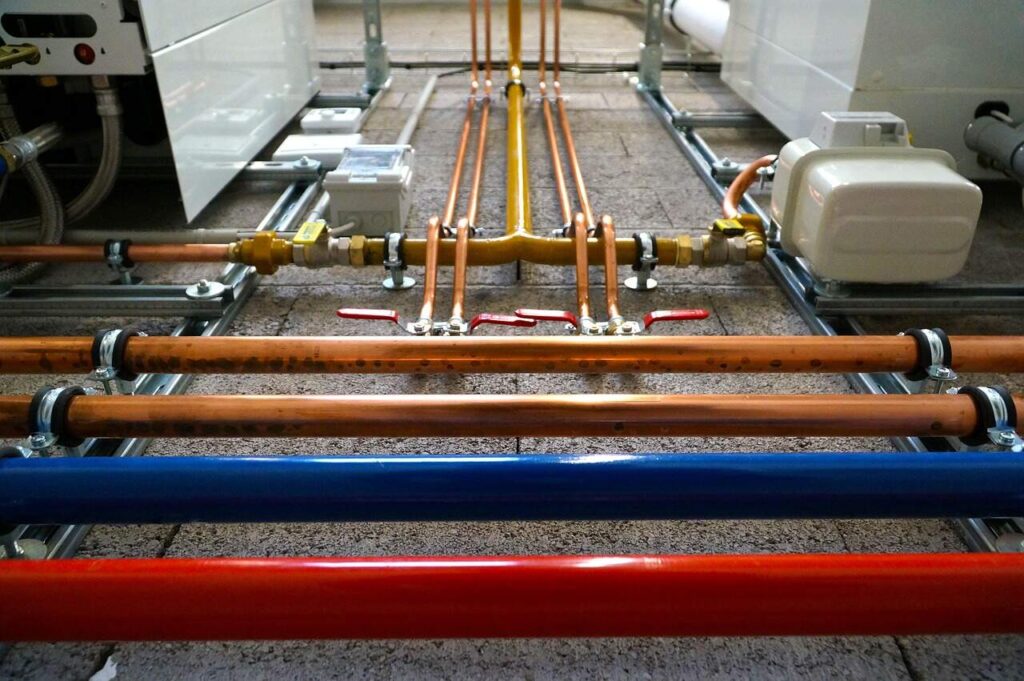Plumbing problems are unexpected. In a busy city like Los Angeles, a small problem can become a big issue in no time. Whether it is a burst pipe or a clog in the sewer, knowing the most common plumbing emergencies can save you time, money, and stress.
1. Burst Pipes
A burst pipe can turn your entire home into an ocean of water in minutes. It usually happens due to pressure buildup or corrosion. Quick action is required.
What to do:
- Shut off the master water supply.
- Drain water from faucets.
- Call a plumber immediately.
2. Clogged Toilets
A clogged toilet is not a rare issue in most homes. If plunging fails, call a professional.
Symptoms include:
- Water rises too high after flushing.
- Strange gurgling noises.
- Pungent odor from the bowl.
3. Clogged Sewer Line
Backed-up sewers can pressure polluted water into your house, creating a health hazard. If you’re dealing with repeated backups or suspect something more serious, a professional plumbing service like High Speed Rooter and Plumbing can quickly diagnose and resolve your sewer line problems efficiently.
Look for:
- Water filling in sinks or tubs.
- Several slow drains.
- Pungent odors of sewer in your home.
4. Sinks Overflowing
Overfilled sinks may appear small, but they can lead to water damage to floors and cabinets. This typically happens when there is a large clog in the drainpipe.
Steps to follow:
- Turn off the faucet at once.
- Use a plunger or a drain cleaner.
- Call a plumber if it continues.
5. Water Heater Issues
Nobody likes to take cold showers, particularly in the morning. A defective water heater can also cause leaking or noise.
Typical issues include:
- No hot water available.
- Water accumulates around the tank.
- Banging or hissing sounds from the heater.
6. Leaking Pipes and Fixtures
Leaking pipes and appliances may cause wastewater, raise costs, and weaken structures. The High Speed Rooter and Plumbing regular checkup and early repair can prevent expensive problems.
Typical issues include:
- Dripping drop by drop, pipes squander gallons of water.
- Unchecked, they can rot wood floors and produce mold.
7. Garbage disposal clogging
Disposals tend to jam because of hard food bits or grease. Repairing it yourself with your hands can be unsafe.
You’ll notice:
- Bad odor from the sink.
- Humming noise but no blade movement.
- There is water in the sink.
8. Washing Machine Hose Leaks
They will burst unexpectedly, particularly when under pressure, and will damage floors and lead to electrical shock.
Ways to stop:
- Replace rubber hoses every 5 years.
- Use braided stainless steel hoses.
- Shut off water when not being used.
9. Low Water Pressure
Low pressure in your faucets could be due to sediment build-up, pipe leaks, or water main issues.
Answers:
- Clean faucet aerators.
- Check for noticeable leaks.
- Call a plumber over to check everything out.
10. Gas Line Problems
Plumbers also deal with gas pipes. A gas leak is an emergency situation and should not be neglected.
Warning signs:
- Pungent odor of gas (rotten eggs).
- Hissing noise around gas pipes.
- Dizzy, lightheaded, or feeling nauseated.
- Go to your home immediately and get assistance.
- You don’t have to wait for an emergency case to take action. Small steps can prevent bigger issues.
How to Prepare for Plumbing Issues
You don’t have to wait until it reaches a crisis point. A couple of tiny steps can prevent the formation of big problems.
What you can do:
- Discover where your primary water shut-off valve is.
- Inspect pipes and equipment regularly.
- Have on hand items such as a plunger and drain snake.
- Have a good plumber’s number saved on your phone. Schedule annual plumbing inspections.
- Being prepared can save you from panicking and minimizing water damage when issues occur.
Conclusion
Plumbing disasters strike without warning. Between gas leaks and burst pipes, acting fast will avoid expensive devastation. Being prepared and knowing what to search for makes a huge difference. Don’t be afraid to call a professional if you’re unsure.

